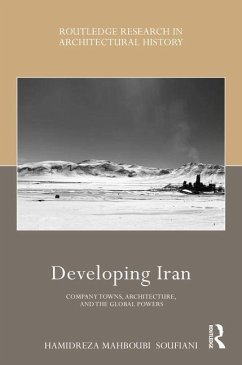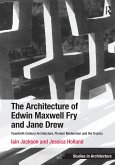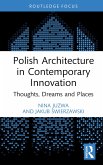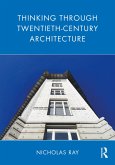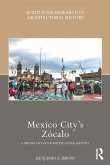This book examines the emergence of modern company towns in Iran by delineating the architectural, political, and industrial histories of three distinct resource-based 'company town' projects built in association with the 'Big Three' powers of World War II.
The book's narrative builds upon a tripartite research design that chronologically traces the formation and development of the oil, steel, and copper industries, respectively favoured by Great Britain, the Soviet Union, and the United States in this part of the world. By applying three sets of comparative studies, the book provides critical vantage points to three different ideological design paradigms: postcolonial regionalism, socialist universalism, and rationalist modern nation building. From a global political context, the book contributes to the disclosure of new information about the geopolitical confrontation of these three nations in the Global South to increase their sphere of influence after the Second World War. Furthermore, it demonstrates how postwar architectural modernism was adopted by each power and adapted to their ideological mind frame to fulfil distinct social, cultural, political, and economic targets.
This book examines multiple interconnections between architecture, politics, and industrial development by adopting a transdisciplinary approach based on comprehensive fieldwork, site surveys, and the analysis of original multilingual documents. As such, it will be of interest to researchers and students of architecture, history, international relations, and Middle Eastern studies.
The book's narrative builds upon a tripartite research design that chronologically traces the formation and development of the oil, steel, and copper industries, respectively favoured by Great Britain, the Soviet Union, and the United States in this part of the world. By applying three sets of comparative studies, the book provides critical vantage points to three different ideological design paradigms: postcolonial regionalism, socialist universalism, and rationalist modern nation building. From a global political context, the book contributes to the disclosure of new information about the geopolitical confrontation of these three nations in the Global South to increase their sphere of influence after the Second World War. Furthermore, it demonstrates how postwar architectural modernism was adopted by each power and adapted to their ideological mind frame to fulfil distinct social, cultural, political, and economic targets.
This book examines multiple interconnections between architecture, politics, and industrial development by adopting a transdisciplinary approach based on comprehensive fieldwork, site surveys, and the analysis of original multilingual documents. As such, it will be of interest to researchers and students of architecture, history, international relations, and Middle Eastern studies.

